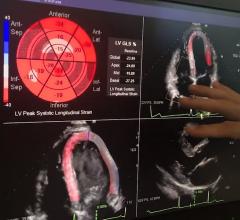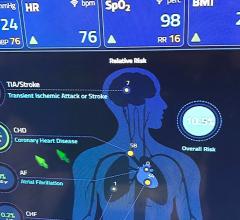December 29, 2009 - Among the 312 heart transplant patients at the Mayo Clinic who researchers followed for 19 years, nearly half developed skin cancers during follow-up, particularly squamous cell and basal cell carcinomas, according to a study published in the December issue of Archives of Dermatology.
The study, led by Jerry D. Brewer, M.D., of the Mayo Clinic in Rochester, Minn., found a total of 1,395 new skin cancers developed, of which 89 percent were squamous cell carcinomas and 11 percent were basal cell carcinomas.
Researchers identified an association between the use of the immunosuppressant mycophenolate mofetil (CellCept) (HR 2.74, P=0.001) and an increased risk for basal cell carcinoma.
Increased age at transplant was a common risk factor (10-year HR 2.57, P
The study found that incidence increased with time from transplant with cumulative rates of any skin cancer 20.4 percent at five years and 37.5 percent at 10 years.
Rates increased similarly for various types of cancer. Five, 10, and 15 years after transplant, a total of 15.4 percent, 32.3 percent, and 38.2 percent of patients had squamous cell carcinoma; and 10.3 percent, 19.2 percent, and 31.6 percent developed basal cell carcinoma.
The cumulative incidence rates of a second squamous cell carcinoma were 44.0 percent, 67.4 percent, and 75.9 percent at one, three, and five years after the first squamous cell carcinoma.
Cumulative rates of developing basal cell carcinoma were 36.7 percent, 54.7 percent, and 65.9 percent at one, three, and five years after the first basal cell carcinoma and reached 98.1 percent within seven years.


 November 06, 2025
November 06, 2025 









